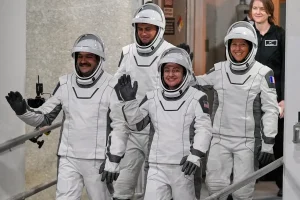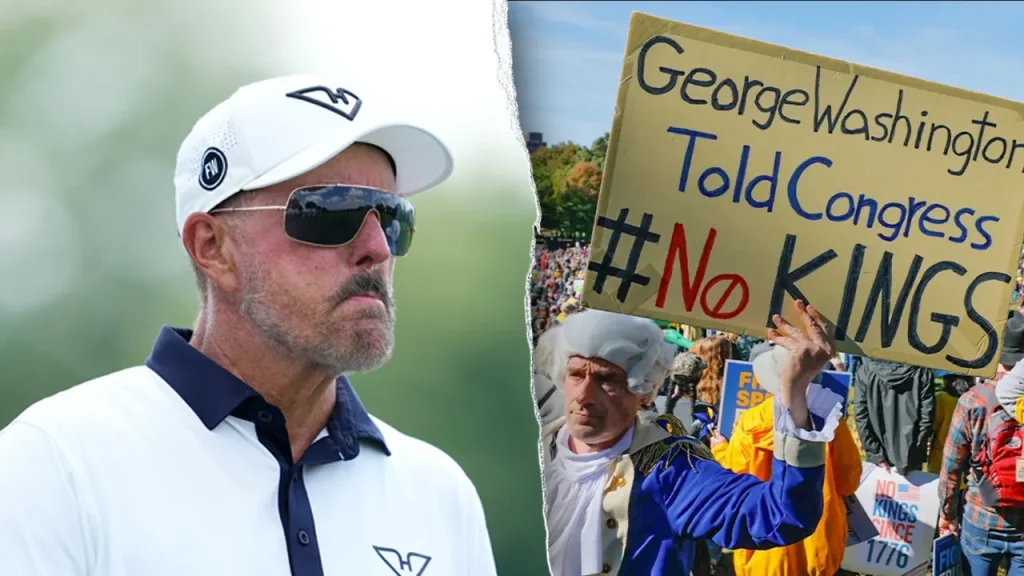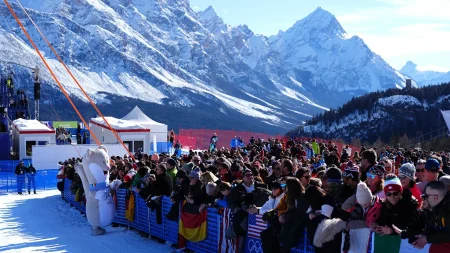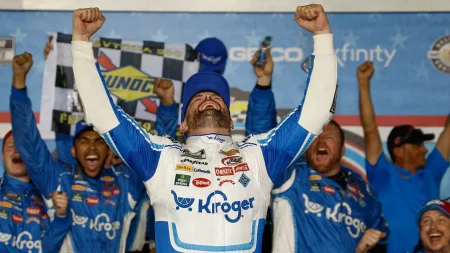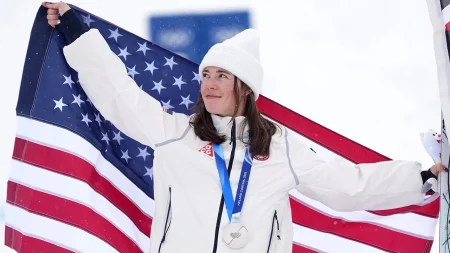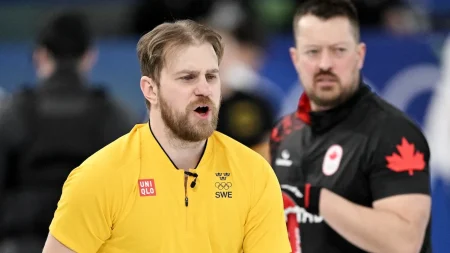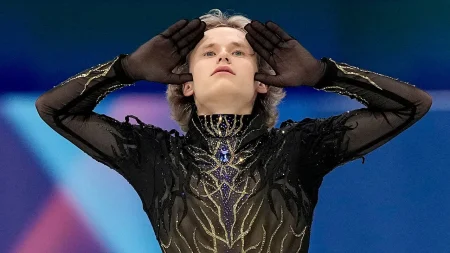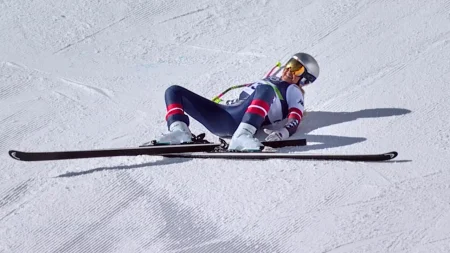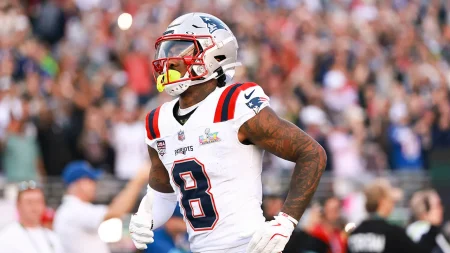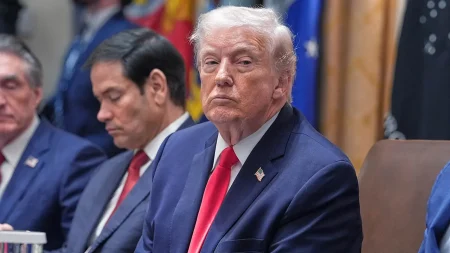Mickelson’s “No Kings Day” Commentary Sparks Political Dialogue Amid National Protests
In a boldly satirical social media post on Saturday, golf legend Phil Mickelson took aim at the nationwide “No Kings” protests while offering his characteristic conservative commentary. “On this special day as we all gather to fight against blanket auto pen pardons and executive orders, lawlessness, and stealing citizen’s resources for illegal non citizens, I believe it has worked!! That is no longer happening so great job everyone,” Mickelson wrote on X. His post blended mockery with political criticism, particularly targeting former President Biden’s administration for its use of auto-pen signatures on pardons and policies regarding immigration. The post reinforced Mickelson’s well-known support for President Donald Trump and conservative values, offering a counterpoint to the day’s widespread demonstrations.
While Mickelson exercised his voice online, thousands of Americans physically gathered across the nation for the “No Kings” protests. By mid-morning Eastern time, significant crowds had already assembled in iconic locations including New York City’s Times Square, Washington D.C.’s National Mall, and downtown Atlanta. As noon approached, the movement had spread visibly to numerous other locations including Carrollton, Texas, Charlotte, North Carolina, Arlington, Virginia, and even reached international shores with a demonstration at the U.S. Embassy in London. The scale of these protests prompted Virginia’s Republican Governor Glenn Youngkin to activate the National Guard as a precautionary measure against potential disorder, highlighting the tension surrounding these nationwide events.
The “No Kings” demonstrations represent the second major protest under this banner, with participants voicing opposition to President Trump and various Republican policy priorities. The timing of these protests has drawn criticism from Republican leaders who suggest they serve primarily as a distraction from ongoing governmental challenges, particularly the current shutdown battle in Washington. This perspective was echoed by House Speaker Mike Johnson, who expressed to FOX Business his hope—albeit with limited optimism—that Democratic leaders participating in the protests might become more receptive to Republican proposals once the demonstrations concluded. This skepticism reflects the deep partisan divide that continues to characterize American political discourse.
The juxtaposition of Mickelson’s online commentary and the physical protests illustrates the multifaceted nature of political expression in today’s America. On one hand, Mickelson leveraged his platform as a celebrated sports figure to share views that resonate with his conservative followers, demonstrating how public personalities increasingly engage in political discourse regardless of their primary field of expertise. On the other hand, the widespread physical demonstrations exemplify a more traditional form of civic engagement, with citizens taking to the streets to voice their concerns about the direction of their government and society. Both approaches reflect Americans’ passionate exercise of their First Amendment rights, even as they represent opposing political perspectives.
The context surrounding these events reveals broader tensions in American society. The “No Kings” protests emerge during a particularly divisive political moment, with a government shutdown looming and partisan rhetoric intensifying ahead of upcoming elections. Republican criticisms of the protests as mere distractions rather than substantive political expression mirror Democrats’ past dismissals of conservative demonstrations, highlighting how political perspective often shapes the perceived legitimacy of public protests. Meanwhile, the mobilization of the National Guard in Virginia demonstrates how public demonstrations increasingly prompt security concerns in an era of heightened political polarization.
As Americans continue navigating these turbulent political waters, figures like Mickelson remind us that political discourse extends well beyond traditional political arenas. The intersection of sports, celebrity, social media, and politics creates new channels for both connection and division. Whether through a golf champion’s pointed social media post or thousands marching in the streets, Americans continue expressing their convictions about governance and national priorities. These varied forms of expression—sometimes complementary, often contradictory—ultimately reflect the messy, vibrant nature of democracy itself, where diverse voices compete in the ongoing conversation about what America is and what it should become.


